Transcription of interview with Brendan Syrette, June 1, 2020.
“I don’t think we’ve ever stopped using cannabis. Cannabis has always been around. Long before my generation, long before my brother’s generation, long before my dad’s generation, we’ve been utilizing cannabis. That’s something that we’ve been trading with the Anishinaabe or the traditional people from down in Southern America. We’ve been making those trade routes for a very long time. Our people were carriers of seeds. They had those seeds. If people want to try to tell us that we haven’t had that here, I could go for walk in the ditch and show you right now, and you can test that plant and its going to come back as being from the Cannabis family. We do have it here.
If they’re worried about smoke – Indian people knew a lot of different types of smoke, and cannabis is not a very heavy smoke. There’s a lot more out there. Mind you we didn’t use it for just recreation, we used it with a cause. Same with cannabis, we’re using it for a cause. It helps. It eases our pains.
In this case it eases my pain from Chief and Council. It helps me rationalize, to be honest. If I didn’t use this manidou or this mushkiki and that’s our medicine and that spirit in that plant, maybe I would have made decision that would have made me look like a bad individual. With the help of this plant, it helps me gauge and guide those decisions. Like I said, I wouldn’t have gotten into Canadian Tire if it wasn’t for the help of that mishkoos or that mushkiki, that medicine.
My mind is a free mind. Creator give me this life, and not once did he ever tell me that one individual is going to tell me what I can and can’t do here. This air is free. These plants are free. This is us. This is ours. Creator told us straightforward that we could use this. Put a little back if you’re going to take it. And don’t ever take too much – don’t take more than what we need. Those are our laws. Almost every First Nations individual, once you mention that, that law comes back to them because it’s in our memory its in our miskwae, it’s in our blood. That is our memory. I encourage Anishaabe people from all over the nations, the Mohawks, Pottawatie, the Odawas, the Chippeawas, the Ojibway, – I encourage you guys to find that blood. Go outside. Don’t be afraid to dance as Anishinaabe, to sing. Don’t be afraid to ask your family and creation for guidance and help and that strength. That’s what they’re there for.
I don’t think Chief and Councils are going to stress that on our people enough. And they should. That’s our leadership. Our leadership should always be telling us, “You have a problem with that guy over there down the road, well go visit him as ask. Go see what’s going on. Maybe after your visit over there you won’t be carrying that hatred anymore.” Go and visit. Assumptions. We’ve been taught to assume over and over before we actually go and see.
I call the kettle black. If I see a black kettle, I’ll call it black. If there’s some silver in there, I’ll say it’s black with a bit of burning from the fire and some silver in there. We have to be straightforwards. We have to be honest straightforwards people. “

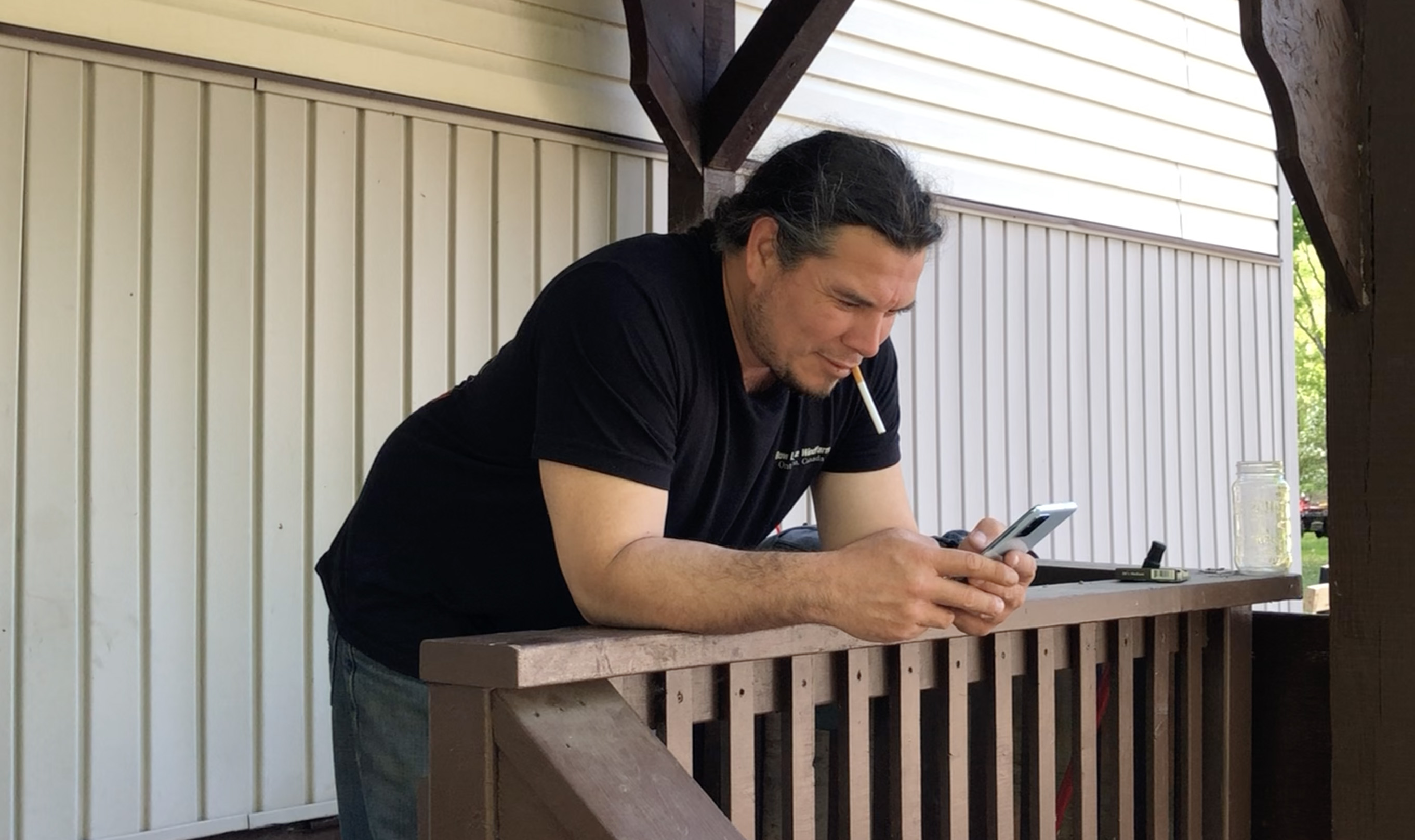
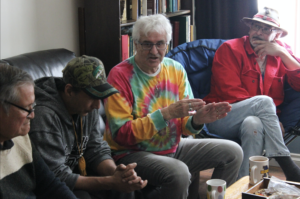
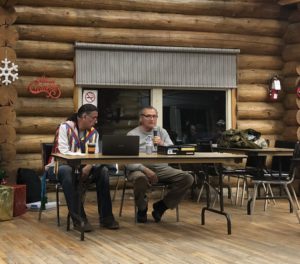
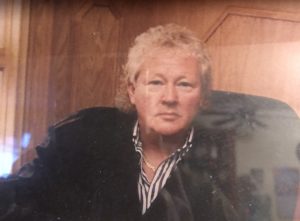
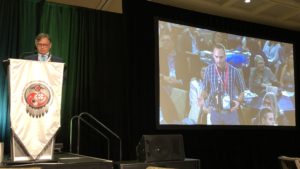
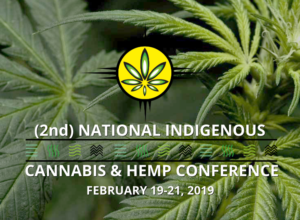



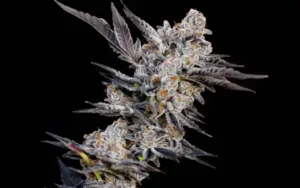
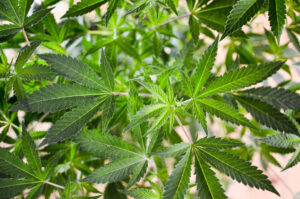
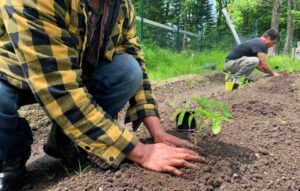
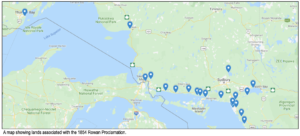
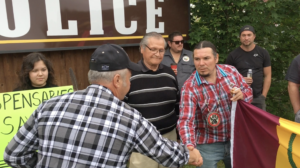
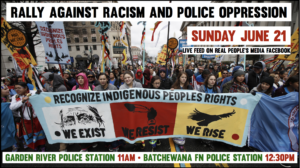
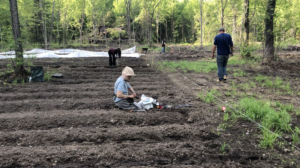
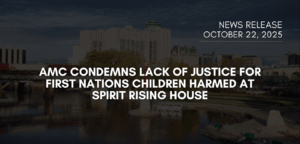
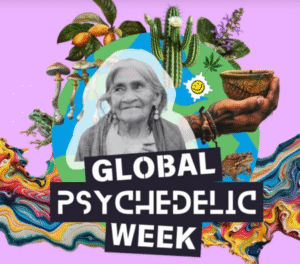
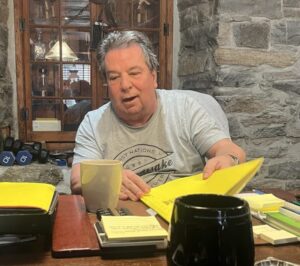

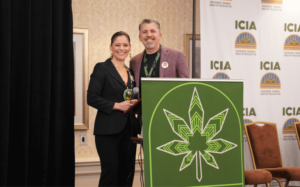

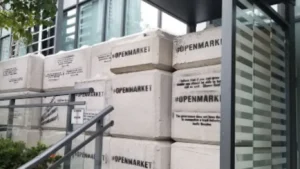
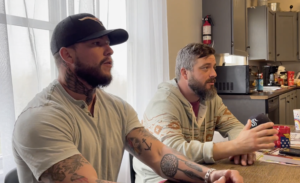
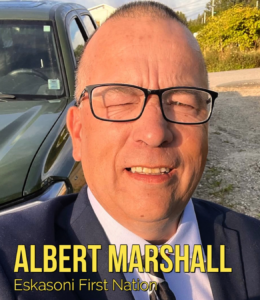
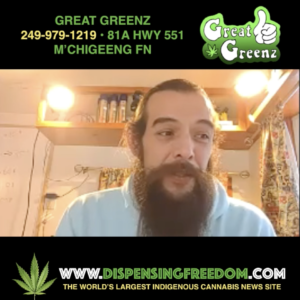
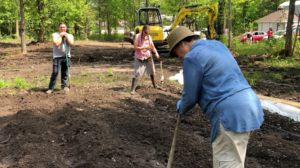
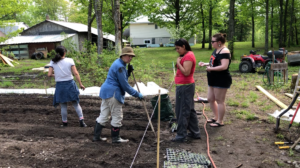
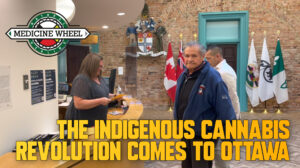
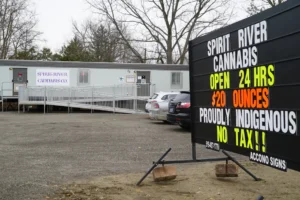
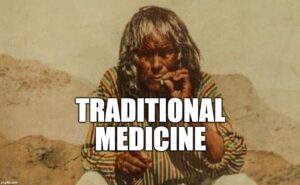
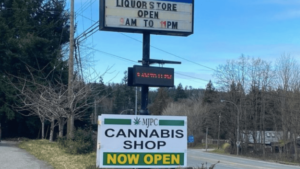
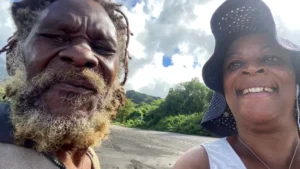
Comments are closed.